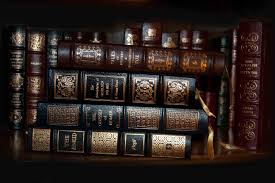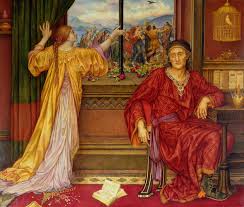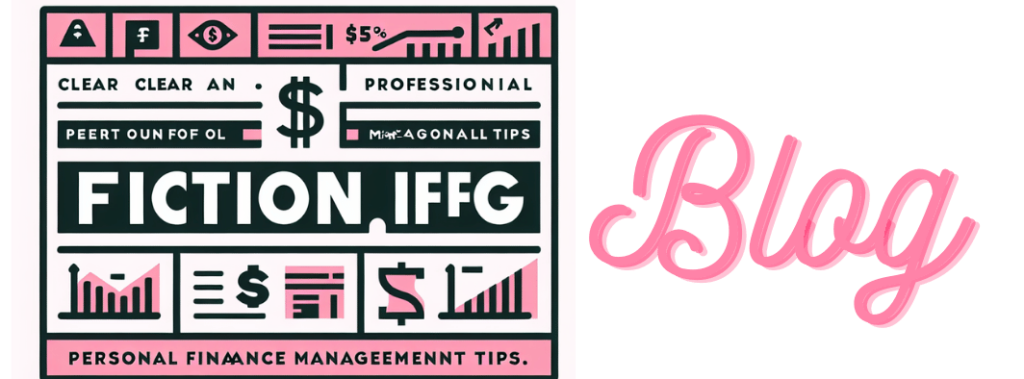World War II has been a profound source of inspiration for historical fiction, offering a vast canvas for storytelling that explores heroism, tragedy, and resilience. As we step into 2024, the literary world continues to produce compelling novels set during this tumultuous period, enriching our understanding of the war’s complexities through the lens of fiction. This article highlights some of the most anticipated historical fiction books set in World War II for 2024, showcasing their unique narratives, settings, and contributions to the genre.
1. “The Last Secret of the Sphinx” by Hannah McKinnon

1.1 Overview and Plot
Hannah McKinnon’s “The Last Secret of the Sphinx” combines the intrigue of wartime espionage with the allure of ancient mysteries. Set against the backdrop of World War II, the novel follows a British archaeologist and a French resistance fighter who uncover a hidden artifact that could change the course of the war. Their journey takes them from the ruins of ancient Egypt to the heart of Nazi-occupied Europe, intertwining historical events with thrilling fiction.
1.2 Themes and Reception
McKinnon’s novel explores themes of courage, betrayal, and the impact of historical artifacts on wartime strategies. Early reviews praise the book for its meticulous research and engaging plot, making it a must-read for fans of historical thrillers.
2. “Echoes of War” by Benjamin Winters
2.1 Overview and Plot
In “Echoes of War,” Benjamin Winters delves into the lives of two siblings separated by the war. Set in both occupied Paris and London, the novel traces their efforts to reunite amidst the chaos of World War II. Winters’ narrative weaves together personal and political struggles, providing a poignant look at the impact of the war on family dynamics and personal relationships.
2.2 Themes and Reception
The book addresses themes of separation, resilience, and the personal cost of global conflict. Critics have lauded Winters for his deep character development and the emotional depth of the story. “Echoes of War” is anticipated to resonate with readers interested in personal stories set against historical backdrops.
3. “The Soldier’s Shadow” by Claire McIntosh
3.1 Overview and Plot
Claire McIntosh’s “The Soldier’s Shadow” follows the life of a German soldier who becomes disillusioned with the Nazi regime and joins a covert resistance group. Set in Berlin and the Eastern Front, the novel provides a unique perspective on the war from within the enemy’s ranks. McIntosh’s portrayal of internal conflict and moral dilemmas offers a fresh angle on the World War II narrative.
3.2 Themes and Reception
McIntosh explores themes of loyalty, guilt, and redemption. The novel’s complex characters and morally ambiguous situations have garnered praise from early readers, making it a compelling addition to the World War II fiction genre.
4. “The Hidden Diary” by Lydia Kane

4.1 Overview and Plot
Lydia Kane’s “The Hidden Diary” centers on a young Jewish woman’s life in Warsaw during the Nazi occupation. The story unfolds through the diary entries of the protagonist, revealing the harsh realities of life in the ghetto and her efforts to survive and resist. Kane’s novel highlights the resilience of the human spirit in the face of unimaginable adversity.
4.2 Themes and Reception
The book addresses themes of survival, resistance, and the power of personal narratives. Reviews commend Kane for her sensitive portrayal of historical events and the emotional weight of the protagonist’s experiences. “The Hidden Diary” is expected to be a moving addition to the genre.
5. “The Code Breaker’s Daughter” by James R. Hester
5.1 Overview and Plot
James R. Hester’s “The Code Breaker’s Daughter” follows the story of a young woman who becomes a codebreaker at Bletchley Park. As she uncovers crucial intelligence that could alter the course of the war, she must navigate the complexities of wartime espionage and personal relationships. Hester’s novel offers an insider’s view of one of World War II’s most secretive operations.
5.2 Themes and Reception
The book explores themes of intelligence, sacrifice, and the role of women in wartime efforts. Early reviews highlight Hester’s attention to historical detail and the engaging portrayal of codebreaking. “The Code Breaker’s Daughter” is anticipated to attract readers interested in the behind-the-scenes aspects of the war.
6. “The Last Letters” by Sophie Jenkins
6.1 Overview and Plot
Sophie Jenkins’ “The Last Letters” is set in the aftermath of World War II and follows a group of survivors as they sift through the letters and personal effects of loved ones lost in the conflict. The novel interweaves their stories with flashbacks to the war, exploring the lasting impact of loss and the struggle to rebuild lives.
6.2 Themes and Reception
The book delves into themes of memory, loss, and recovery. Jenkins’ exploration of the emotional aftermath of the war has been praised for its depth and sensitivity. “The Last Letters” promises to be a moving reflection on the enduring effects of conflict.
7. “Shadows Over Normandy” by Alex Barton
7.1 Overview and Plot
Alex Barton’s “Shadows Over Normandy” centers on a British journalist who uncovers a hidden Nazi plot while covering the D-Day invasion. The novel blends historical events with a suspenseful narrative, offering a gripping portrayal of wartime journalism and covert operations.
7.2 Themes and Reception
Barton’s book explores themes of bravery, deception, and the pursuit of truth. The novel’s combination of historical accuracy and thrilling plot has garnered positive early reviews, making it a highly anticipated release.
8. “The Paris Resistance” by Julia Bennett
8.1 Overview and Plot
Julia Bennett’s “The Paris Resistance” follows a network of French resistance fighters as they work to undermine the Nazi occupation of Paris. The novel offers a detailed look at the daily struggles and daring operations of the resistance, highlighting their courage and ingenuity.
8.2 Themes and Reception
The book addresses themes of resistance, bravery, and the fight for freedom. Bennett’s vivid portrayal of the resistance movement and her well-researched historical context have received acclaim, making “The Paris Resistance” a compelling read for fans of wartime fiction.
9. “Operation Nightingale” by Daniel Carleton
9.1 Overview and Plot
Daniel Carleton’s “Operation Nightingale” is a gripping novel about a secret Allied mission to retrieve valuable intelligence from occupied France. The story follows a team of spies and operatives as they navigate dangerous terrain and enemy territory to accomplish their mission.
9.2 Themes and Reception
The book explores themes of espionage, courage, and the high-stakes nature of wartime operations. Carleton’s fast-paced narrative and attention to detail have been praised, making “Operation Nightingale” a thrilling addition to the World War II fiction genre.
10. “The Gilded Cage” by Eleanor Markham

10.1 Overview and Plot
Eleanor Markham’s “The Gilded Cage” tells the story of a wealthy European family whose lives are turned upside down by the war. Set in a luxurious estate that becomes a refuge for displaced aristocrats, the novel explores the clash between privilege and the harsh realities of war.
10.2 Themes and Reception
Markham’s book addresses themes of class, adaptation, and the impact of war on different social strata. The novel’s rich setting and character-driven narrative have received positive early feedback, making it a standout in historical fiction for 2024.
Conclusion
The World War II era continues to captivate readers through historical fiction, offering fresh perspectives and compelling narratives. The books highlighted here represent a diverse array of voices and stories, from espionage thrillers and resistance tales to personal dramas and wartime adventures. As we enter 2024, these emerging novels promise to enrich our understanding of the complexities of World War II, providing readers with both historical insight and engaging fiction. Whether you’re a long-time fan of historical fiction or new to the genre, these upcoming releases are sure to offer memorable reading experiences.


